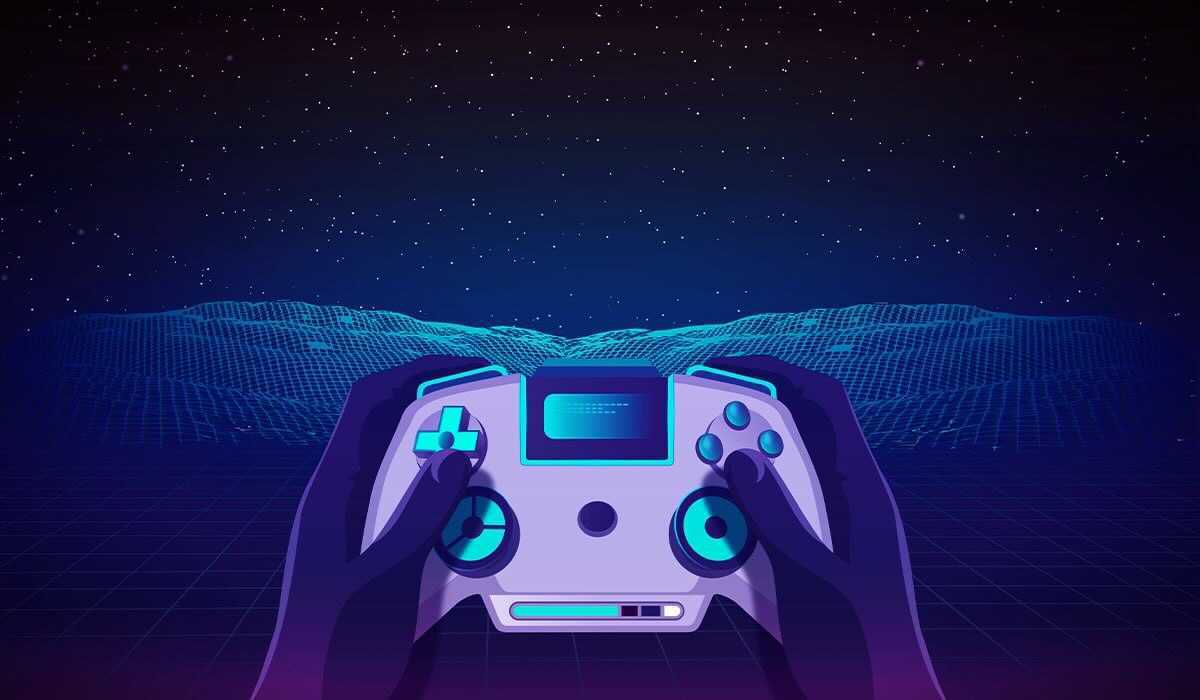In recent years, the worlds of gaming and cryptocurrency have collided, giving rise to a revolutionary new genre: blockchain gaming. This innovative form of gaming combines the immersive experiences of traditional video games with the security, transparency, and ownership benefits of blockchain technology. With blockchain game development at the forefront of this movement, players are finding new ways to interact with their favorite games while also delving into the world of cryptocurrencies.
The Evolution of Gaming:
For decades, gaming has captivated audiences worldwide, offering immersive experiences across various platforms, from consoles to PCs to mobile devices. However, traditional gaming has always faced limitations when it comes to ownership and monetization. Players typically purchase games or in-game items, but they rarely have true ownership or the ability to trade these assets freely.
Enter Blockchain Gaming:
Blockchain gaming seeks to address these limitations by leveraging the decentralized and transparent nature of blockchain technology. In blockchain games, assets such as characters, items, and currency are tokenized as non-fungible tokens (NFTs) or fungible tokens on a blockchain. This gives players true ownership of their in-game assets, allowing them to buy, sell, and trade with other players securely and transparently.
The Benefits of Blockchain Gaming:
Blockchain gaming offers several key benefits for both players and developers:
1. True Ownership:
Players have complete ownership of their in-game assets, allowing them to transfer, sell, or trade them as they see fit.
2. Transparency:
Blockchain technology ensures transparency and immutability, preventing fraud or manipulation of in-game assets.
3. Interoperability:
Assets from one blockchain game can potentially be used in another, fostering interoperability across different gaming ecosystems.
4. Play-to-earn:
Some blockchain games incorporate tokenomics that enable players to earn cryptocurrency by playing the game, creating new monetization opportunities.
Blockchain Game Development:
Blockchain game development involves integrating blockchain technology into the game's architecture, including aspects such as asset tokenization, smart contracts for in-game transactions, and integration with cryptocurrency wallets. Developers must also consider factors such as scalability, user experience, and regulatory compliance when creating blockchain games.
Bridging the Gap with Consoles:
While blockchain gaming has primarily gained traction in the realm of PC and mobile gaming, there is growing interest in bringing blockchain games to consoles. By bridging the gap between crypto and consoles, developers can tap into a vast audience of console gamers eager to explore the benefits of blockchain gaming.
Conclusion:
Crypto and consoles are converging in the exciting world of blockchain gaming, offering players unprecedented ownership, transparency, and monetization opportunities. As blockchain game development continues to evolve, we can expect to see more innovative games that blur the lines between traditional gaming and cryptocurrency, creating new possibilities for players and developers alike.





Comments